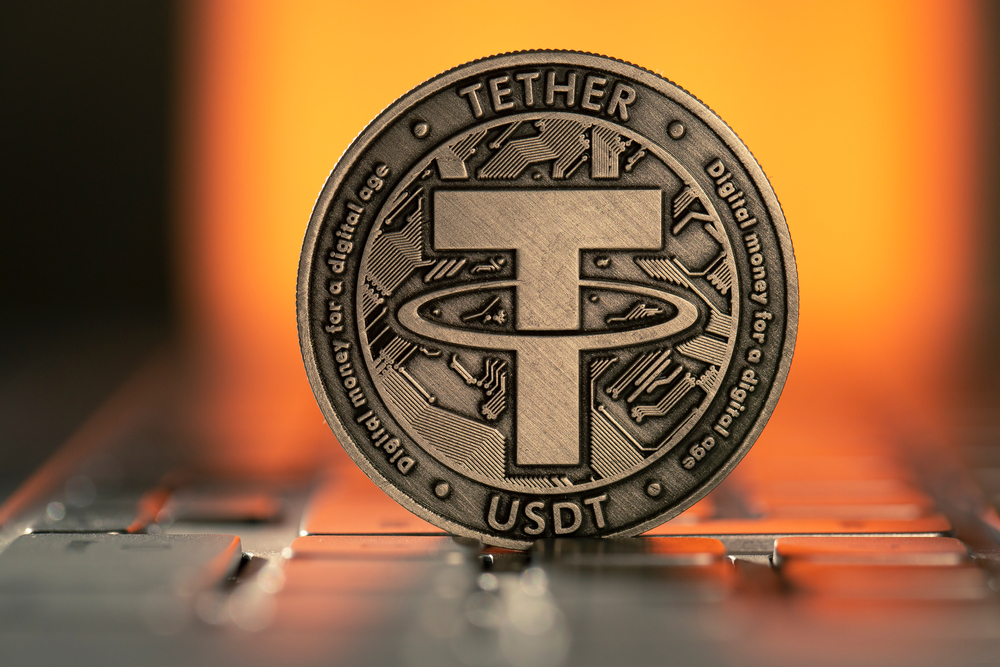According to a report from The Wall Street Journal, two crypto-related firms, Tether and Bitfinex, engaged in illicit activities in 2018. However, this is one of the many controversies and legal problems that Tether has faced since its inception in 2014.
Tether has had previous legal issues, such as being prohibited from operating in New York. In addition, the New York State Attorney General’s Office investigated the company in 2018 for providing loans to investors and offering unregistered securities.
Tether And Bitfinex Used False Documents To Access Bank Services
Tether and its subsidiary firm, Bitfinex, found themselves in a challenging situation when certain problems emerged, preventing them from accessing banking services. According to reports, the companies decided to fabricate documentation and introduce shell corporations to deceive the banks.
During the 2018 investigation into Tether and Bitfinex, the Wall Street Journal obtained access to email correspondence between the companies and banking institutions. The report revealed that the companies attempted to conceal their identities by using aliases or fictitious entities to mislead the banks.
However, these efforts ultimately resulted in further scrutiny from regulators, culminating in the seizure of assets worth millions of dollars. Regulators also accused both companies of having links to terrorist organizations.
One email exchange revealed that Stephen Moore, a top shareholder of Tether Holdings Ltd, warned a Chinese USDT trader about the dangers of using fraudulent sales invoices and contracts to deceive banks. Moore expressed concern that using fake documents to open accounts was becoming increasingly risky.
Meanwhile, Tether Holdings Ltd is the issuer of USDT, a stablecoin valued at over $70 billion. While USDT is the leading stablecoin, it is the third largest in terms of market capitalization among all cryptocurrency assets.
As a stablecoin linked to the US dollar, each USDT must have a corresponding amount of USD in reserve to support it. This implies that one dollar in the Federal Reserve must back up every USDT in circulation.
The Beginning Of Tether’s Problems
Tether’s problems began when investigations revealed that the company had misled the US government about backing up its circulating coins with USD reserves. The Commodity Futures Trading Commission (CFTC) investigation showed that the claims were valid.
Furthermore, the CFTC discovered that between 2016 and 2018, Tether held just 27.6% of its circulating coins in USD equivalents. Instead, Tether relied on third-party and unregulated entities to hold funds that made up the reserve and shared reserves with Bitfinex.
Established in 2012, Bitfinex is a prominent cryptocurrency exchange that caters to various clients, including retail crypto traders and institutional investors. Its offerings include spot and margin trading. It is worth noting that the exchange is registered in the British Virgin Islands.
Throughout its existence, Bitfinex has experienced incidents such as hacking and price manipulations on its platform. For instance, in 2015, the exchange suffered a hack that resulted in a loss of 1,500 BTC, valued at $400,000 at the time.
In 2016, the US CFTC imposed a $75,000 fine on the exchange for providing off-exchange financed commodity transactions. The commission alleged that the business violated the Commodity Exchange Act by not registering as a Futures Commission provider.
